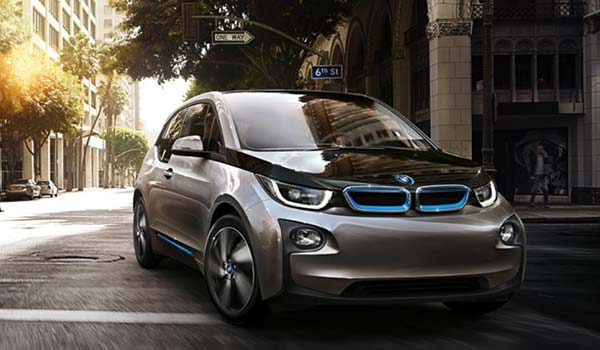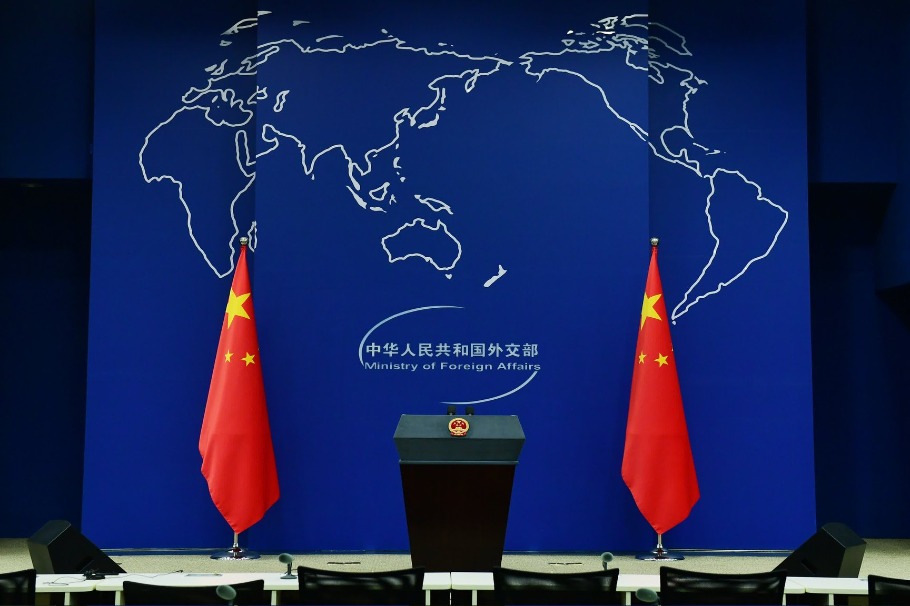BMW falls behind on new energy strategy
China Daily | Updated: 2021-09-13 09:38

Despite being ahead of the game with the release of the electric i3 hatchback back in 2013, German carmaker BMW has since fallen behind many of its competitors when it comes to the electrification of its product lineup.
No clearer could this been seen than at the recent IAA Mobility held in Munich, Germany. BMW came out with a strong presentation with regards to sustainability, but offered little in terms of a fully-electric range of models like many of its rivals already have.
The two core models that were showcased at the IAA Mobility were the i4 and the iX, both of which were already shown at the Shanghai auto show way back in April.
Both models are not made on a dedicated electric vehicle platform and are instead based on the shared architecture of the company's gasoline range.
So far, all BMW electric vehicles are produced on gasoline architectures, which critics say impairs EV performance and could be an impediment when progressing to the next generation of intelligent vehicles.
Additionally, consumers are not willing to pay a premium for such "fuel-to-electric driven" cars. They instead prefer EVs produced on dedicated architectures aimed at creating new and upgraded experiences.
The iX3, which BMW China launched last September, sold around 2,600 units in 2020. The car has been recalled three times for reasons including battery control problems. And it looks exactly the same inside and out, as well as being the same price as the gasoline X3, which shares same architecture.
Late to the game
In contrast, Volkswagen, on the back of its Accelerate strategy, has already produced a range of electric models built on its dedicated electric MEB platform. Mercedes stressing its All-in Electric strategy, too has the EQE which is being produced on its dedicated electric platform EVA. General Motors also revealed its electric architecture Ultium early this year.
While at the IAA, BMW did announce that it would finally start producing vehicles on a dedicated electric architecture, that won't be until 2025, putting it years behind its competition.
Mercedes, Volvo and General Motors and many others have gone even further pledging to stop making gasoline cars in the 2030s. BMW has not set a date for when it will stop making gasoline-powered cars.
In March, BMW Chairman Oliver Zipse addressed the company's reputation for being behind on electrification, telling Reuters: "There is a perception that we took a break, but we actually didn't take a break. We waited for the moment when electromobility is really getting into higher volumes."
The fact that it seems BMW has not gone all in on electric vehicles could have an impact in its biggest global market, China, where EV sales totaled 1.3 million last year, with a further 1.3 million selling in the first half of this year.
EVs now account for a growing 12 percent of the market in China.
And it's not like things are going to get any easier for the German marque, with many new tech companies and startups entering into the electric vehicle segment.
But in China in particular, startups such as Nio, Xpeng and Li Auto are producing competitive models that are gaining in popularity.
The EV market, in China especially, is set to become the most competitive market on the planet in the near future, and if BMW doesn't speed up its electrification efforts, many electric vehicle customers may miss out on sheer driving pleasure.
























